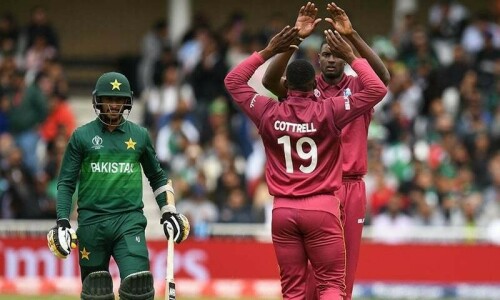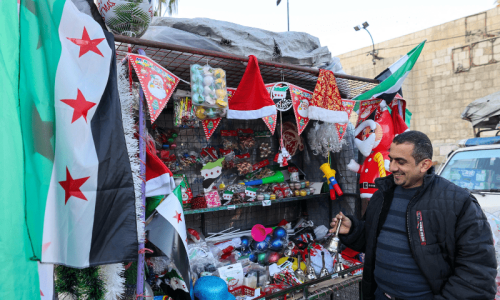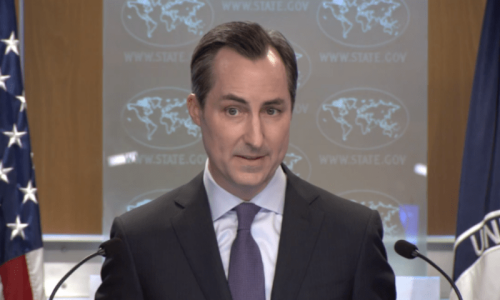MOSCOW: Russian President Vladimir Putin on Wednesday won permission from the Russian parliament to carry out air strikes in Syria, in what would be Moscow's first engagement in a distant theatre of war since the Soviet occupation of Afghanistan.
The announcement comes as Putin and US President Barack Obama push rival plans on ways to defeat the self-styled Islamic State (IS) group in Syria and on the future role of the country's embattled leader President Bashar al-Assad.
“The Federation Council unanimously supported the president's request,” the Kremlin's chief of staff Sergei Ivanov said after the upper house approved Putin's request to deploy troops abroad.
“We are talking about Syria,” he said, adding the decision to launch air strikes was taken after the Syrian president asked Russia for military support.
Ivanov, who is a former defence minister, declined to give details of the operation, saying only it would be limited in duration and ruling out ground operations by Russian troops.
Damascus confirmed Assad had requested military assistance from Russia.
Differences with the West
Russia will also preside over a special UN Security Council meeting on countering terrorist threats that is bound to produce a sharp difference of views between Moscow and Washington.
Addressing the United Nations General Assembly for the first time in a decade, Putin on Monday proposed a broad UN-backed coalition to fight IS militants and clashed with Obama on the future of Assad.
Washington and its allies blame Assad for the mayhem in Syria, where four years of bloodshed have killed more than 240,000 people.
France has launched a probe into Assad's regime for alleged crimes against humanity, a judicial source said.
The French investigation is largely based on evidence from a former Syrian army photographer known by the codename “Caesar,” who defected and fled the country in 2013, bringing with him some 55,000 graphic photographs.
France, which is part of the US-led coalition against IS, carried out its first air strikes against the extremists' positions in Syria on Sunday.
The Syrian Observatory for Human Rights monitoring group said the bombs killed at least 30 jihadists, including 12 child soldiers.
Russia argues that the West should support Assad in his fight against the jihadists, and that Assad is the only viable option to fight IS.
Washington says that the Syrian leader must go if the Islamic State group is to be defeated.
National interests, not ambitions
The Pentagon says Russia has in recent weeks sent warplanes and other military hardware to northwestern Syria -- along with at least 500 troops -- in what many fear is an attempt to keep the war-torn country's president in power.
Moscow's proposal has exposed differences among Washington's European allies, with some siding with Obama and others saying Moscow should have a greater role in fighting IS.
Russia's military involvement in Syria will be Moscow's first engagement outside the former Soviet Union since the occupation of Afghanistan in 1979.
Putin had earlier on Wednesday submitted to the Federation Council a proposal to deploy “a contingent of troops” abroad, the Kremlin said.
Konstantin Kosachev, head of the council's international affairs committee, said Russia's forces would be working in close coordination with Syria's army and stressed Moscow would not be sucked into a protracted conflict.
Ivanov said that by moving to launch air strikes in Syria, Russia was acting in the national interest, to prevent foreign terrorist fighters from crossing its borders.
“We are not talking about achieving some foreign policy goals, satisfying someone's ambitions -- what our Western partners regularly accuse us of.













































